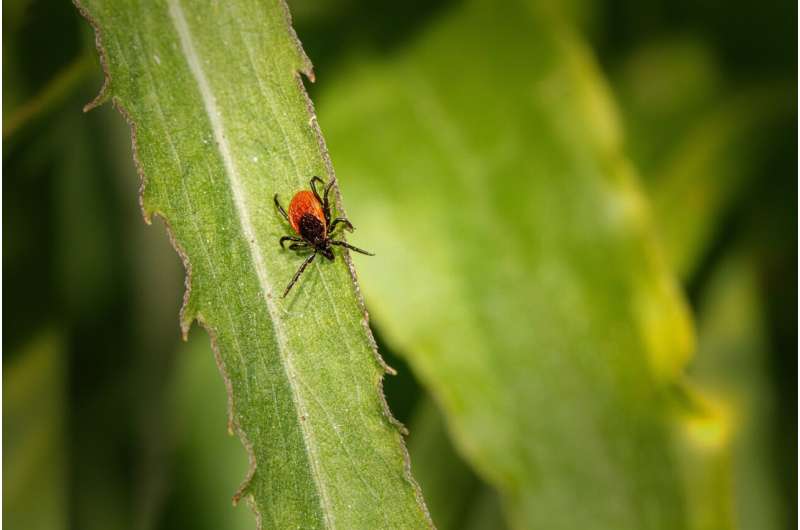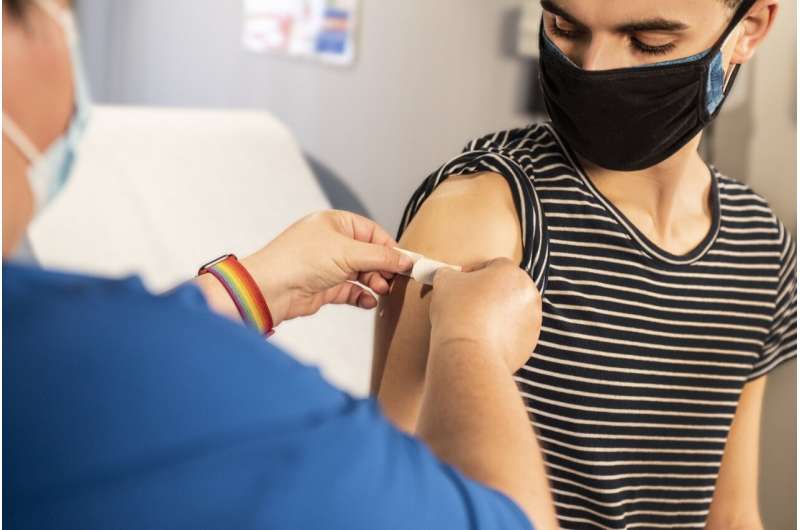Climate Change Exacerbates Deadly Dengue Outbreaks Along Bangladesh Coast

Bangladesh's climate crisis is fueling a deadly surge in dengue fever cases, overwhelming hospitals and highlighting the health impacts of environmental changes. Learn how climate change worsens mosquito-borne diseases in vulnerable regions.
The coastal regions of Bangladesh are facing a significant health crisis as dengue fever, a mosquito-borne disease, spreads more aggressively due to climate change. Traditionally, dengue outbreaks in Bangladesh were sporadic, but recent years have seen a surge, particularly in the southern districts like Barisal and Barguna, where hospitals are overwhelmed by the influx of patients. In some medical facilities, beds are scarce, and patients are often treated on the floor, highlighting the severity of the situation.
This spike in dengue cases is closely linked to environmental and climate factors. Changing weather patterns, driven by climate change, have caused more erratic rainfall and rising sea levels, which threaten freshwater sources. Saltwater intrusion from rising seas contaminates wells and lakes, forcing residents to store rainwater in containers—ideal breeding grounds for mosquitoes. The lack of a robust water distribution system exacerbates this problem, increasing the risks of mosquito proliferation.
Experts suggest that the current crisis is a direct result of these environmental challenges. Mosquito populations thrive in stagnant water stored in domestic containers, and high temperatures accelerate their breeding cycles. Public health authorities warn that the vulnerability of the population is rapidly increasing due to these climate-induced conditions.
Historically, Bangladesh has recorded dengue cases since the 1960s, but the disease's severity has escalated, with the first outbreak of dengue hemorrhagic fever documented in 2000. This year, nearly 7,500 cases have been reported nationwide, with the southern district of Barisal accounting for almost half of these cases. Tragically, five people in Barisal have succumbed to the disease this year, out of 31 deaths nationwide.
Climate scientists emphasize that rising sea levels and intensified storms are making the situation worse. Seawater incursions are rendering drinking water sources salty, and unpredictable weather patterns make rainfall less reliable, prompting residents to store water, which in turn fosters mosquito breeding. Experts like Mushtuq Husain from the Institute of Epidemiology, Disease Control and Research (IEDCR) stress that preventing water stagnation and improving sanitation are critical steps to curb the spread.
The World Health Organization (WHO) warns that climate change is responsible for the accelerated spread of mosquito-borne diseases like dengue. With approximately 50% of the global population now at risk, annual infections range from 100 to 400 million, many of which are mild but some can be fatal. The recent outbreaks in Bangladesh serve as a stark reminder of the health threats posed by climate change and the urgent need for comprehensive public health responses.
Stay Updated with Mia's Feed
Get the latest health & wellness insights delivered straight to your inbox.
Related Articles
Rising Migration of Ticks Threatens Increased Disease Transmission Risks
The migration of tick populations into new regions, driven by climate change, heightens the risk of tick-borne diseases. Monitoring efforts are vital for public health and disease prevention.
Understanding HPV: A Common Virus and Its Link to Cancer
HPV is a widespread virus affecting most people at some point, with certain strains linked to various cancers. Learn about the risks, transmission, and prevention of HPV in this comprehensive overview.
Prevalence and Underdiagnosis of Dry Eye Disease in the General Population
Over half of the general population experiences dry eye symptoms, yet only one-fifth are diagnosed and treated, highlighting a significant healthcare gap. Learn about the prevalence, causes, and importance of early intervention in dry eye disease.



